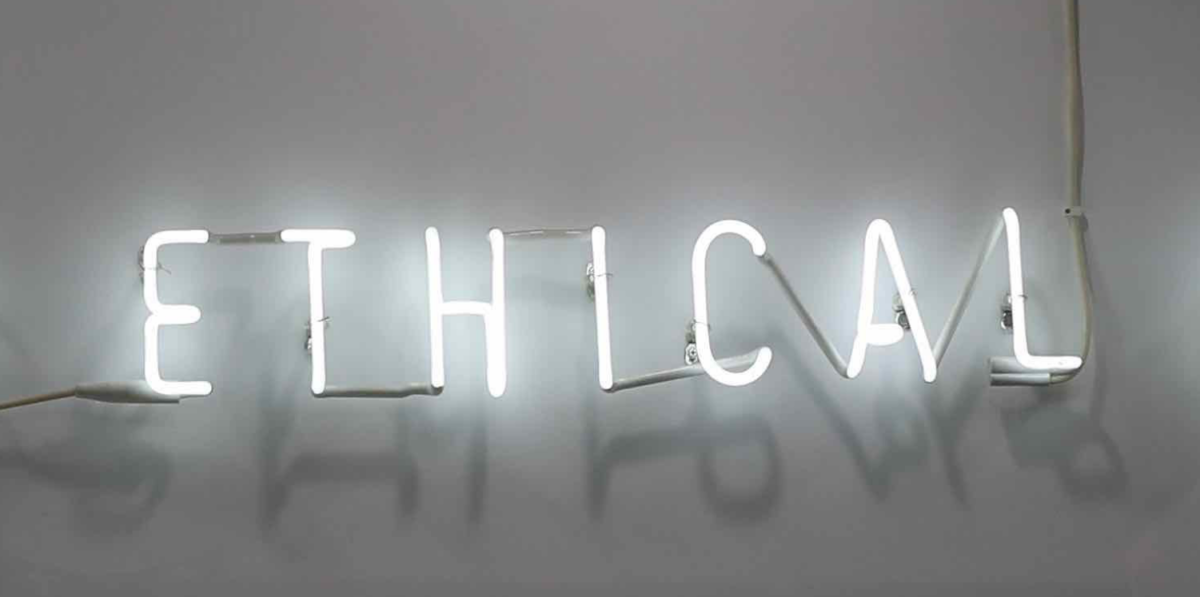Freedom of Expression on the Internet
| Author: | Benedek, W., & Kettemann, M.C. |
| Published in: | Strasbourg, Frankreich: Europarat. |
| Year: | 2020 |
| Type: | Books |
With the rise of the Internet, the opportunities to express oneself have grown exponentially, as have the challenges to freedom of expression. From the Arab Spring to the global Occupy movement, freedom of expression on the Internet has had a profound impact on the debates which shape our future. At the same time, an increasing number of states use the Internet to spy on journalists and citizens, to prosecute and jail bloggers, and to censor online information.This book sets out to answer essential questions regarding the extent and limits of freedom of expression online. It seeks to shed light on the often obscure landscape of what we are allowed to say online and how our ideas, and the process of imparting and receiving information, are protected.It shows the large ambit of rights protected by freedom of expression – including freedom of the media and the right to access information via the Internet. It also highlights the importance of the standard-setting, monitoring and promotion activities of international and non-governmental organisations, with a chapter on relevant national practices that illustrates how different states deal with the challenge that the Internet has brought to ensuring freedom of expression for all. As the importance of the Internet in our daily lives grows, readers will find this book to be a valuable resource for understanding the rights and obligations of each actor on the Internet, including states, Internet companies and civil society.
| Visit publication |

Connected HIIG researchers
Matthias C. Kettemann, Prof. Dr. LL.M. (Harvard)

